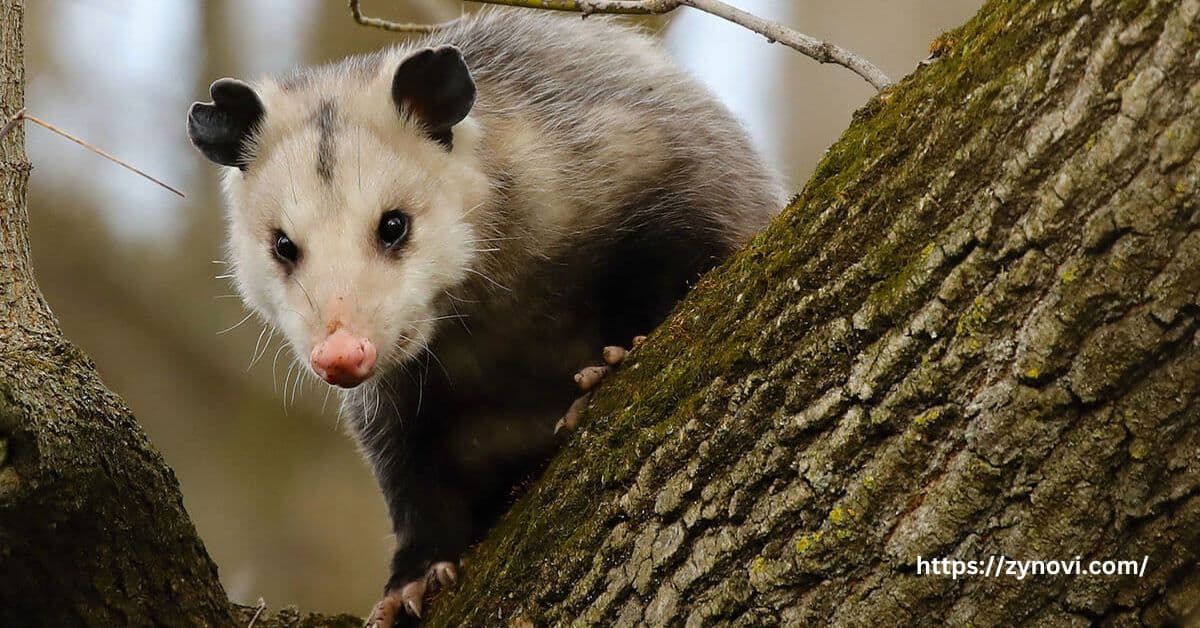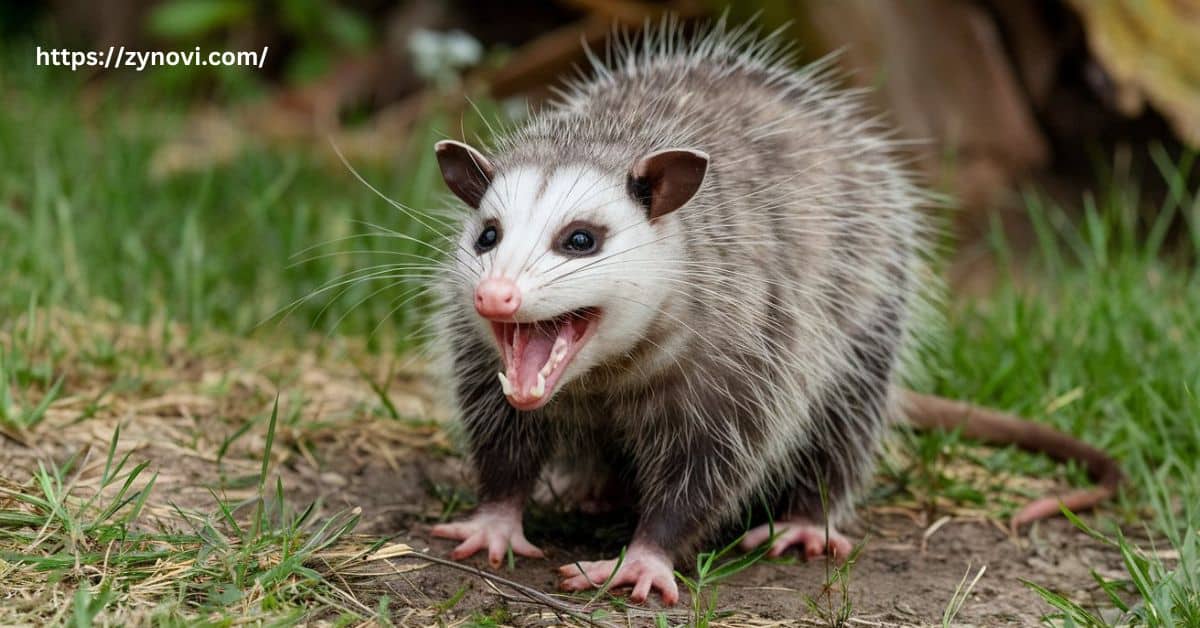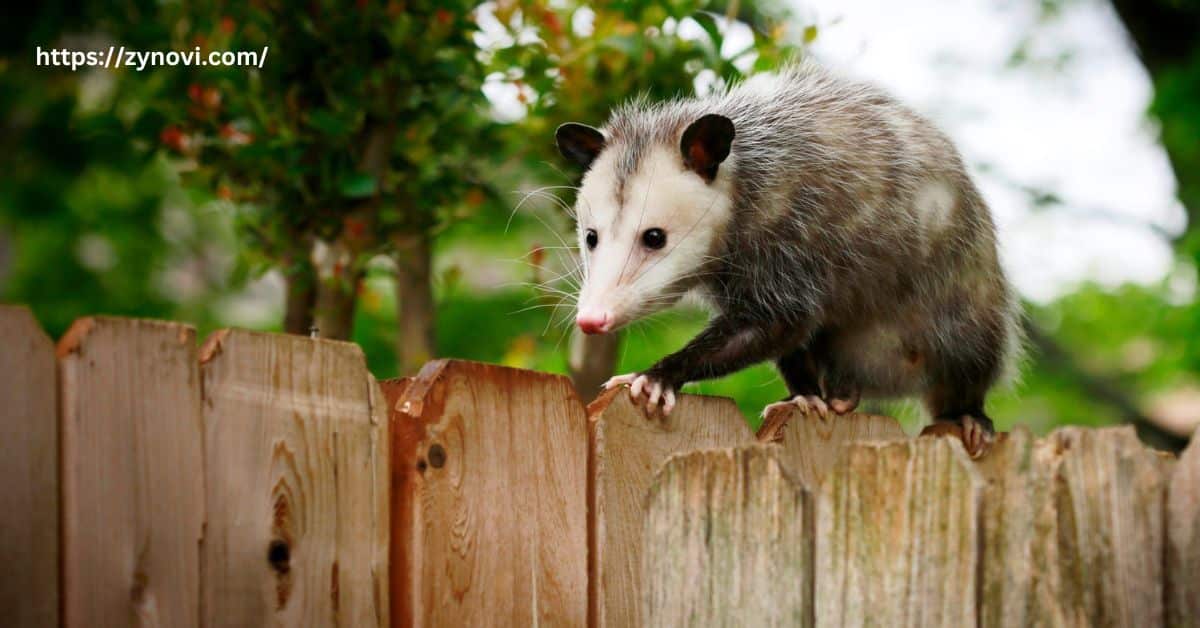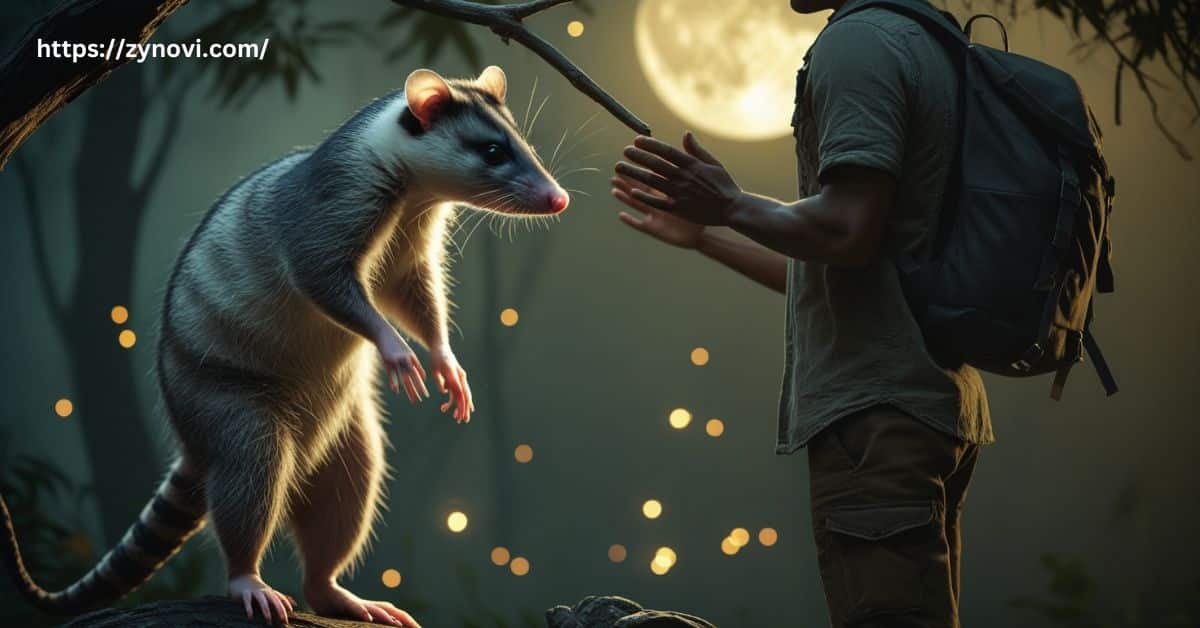Do Opossums Attack Humans? Opossums rarely attack humans and they are gentle creatures that prefer to flee except engage in confrontation.
It’s a question many people have, especially when they spot one of these peculiar creatures in their yard or near their home. With their unusual appearance and nocturnal habits, opossums can seem intimidating at first glance. But are they truly a threat to humans, or is there more to the story?
In this article, we’ll uncover the truth about opossums and whether you need to worry about them. You’ll be surprised by how these misunderstood creatures actually benefit your environment and how to handle encounters with them safely. Keep reading to learn more!
What Are Opossums?
Basic Facts About Opossums
Opossums are fascinating marsupials, which means they carry and nurse their young in a pouch, much like kangaroos. The most prevalent species in North America is the Virginia opossum (Didelphis virginiana).
Known for their nocturnal habits, these creatures are frequently spotted in urban and suburban environments, as well as in forests, fields, and other natural habitats. Their adaptability allows them to thrive in diverse settings, scavenging and contributing to the ecosystem.
Key features of opossums include:
- Prehensile tails: These versatile tails help opossums climb trees and maintain balance while navigating their environments. They are a unique adaptation that aids in their arboreal lifestyle.
- Sharp teeth: Boasting 50 teeth, opossums have more than any other land mammal. This impressive dental arsenal helps them consume a wide variety of foods, from tough insects to soft fruits.
- Omnivorous diet: Opossums are opportunistic feeders, consuming fruits, insects, small mammals, and even human refuse. This varied diet makes them highly adaptable to different habitats.
Types of Opossums
While the Virginia opossum is the only species native to the United States, there are over 100 species of opossums found worldwide. Most of these species inhabit Central and South America, thriving in diverse ecosystems ranging from forests to urban areas.
Despite their geographical and physical differences, nearly all opossums share common traits such as nocturnal habits, scavenging tendencies, and remarkable adaptability to various environments.
Do Opossums Attack Humans?

Opossums Behavior
Opossums are inherently non-aggressive and avoid conflict whenever possible. Their primary response to threats is fleeing or using defensive mechanisms rather than attacking.
- Defensive hissing and baring teeth: When faced with danger, opossums hiss loudly and show their sharp teeth to intimidate predators. This bluffing behavior is often enough to deter attackers without physical confrontation.
- Playing dead (thanatosis): Opossums employ a unique survival tactic where they collapse, mimic death, and emit a foul odor. This convincing act makes them less appealing to predators, who often lose interest.
- Slow movement: Despite appearing fearless, opossums move slowly due to their cautious and deliberate nature. This unhurried pace allows them to assess their surroundings and avoid potential threats.
Defensive Mechanisms
When cornered, opossums employ behaviors designed to intimidate rather than harm:
Hissing and showing their teeth: Opossums hiss aggressively and expose their 50 sharp teeth as a warning to predators, signaling that they are not easy prey.
Excreting a foul-smelling fluid to deter predators: To further repel threats, opossums release a strong, unpleasant odor from their anal glands, discouraging predators from attacking.
Curling up and “playing possum”: In a dramatic display, opossums collapse, lie motionless, and appear dead. This act can last from minutes to hours, effectively fooling predators into leaving them alone.
Rare Occurrences of Aggression
While opossums generally avoid humans, aggression can occur in rare cases:
- When an opossum feels cornered or trapped: In such situations, the animal may act defensively to secure an escape route.
- Protecting their young or a food source: Opossums may show aggression if they perceive a direct threat to their offspring or essential resources.
- Infected or injured opossums may behave unpredictably: Illness or injury can make opossums more likely to exhibit unusual or defensive behaviors.
- Even in these scenarios, attacks are uncommon, and the animal usually tries to escape rather than engage in confrontation.
Even in these scenarios, attacks are uncommon, and the animal usually tries to escape.
Are Opossum Attacks Dangerous?
Severity of Bites
If an opossum does bite, the injuries are typically minor:
- Bite strength: Opossums have a weaker bite force compared to many wild animals, making their bites less severe.
- Tooth size: Their sharp teeth can puncture skin, but the injuries rarely cause significant damage or require extensive medical treatment.
Health Issues
Opossums are not significant disease carriers, but there are a few risks to consider:
| Disease | Risk Level | Transmission Method |
|---|---|---|
| Rabies | Low | Rare due to their low body temperature. |
| Leptospirosis | Moderate | Contact with urine or contaminated water. |
| Salmonella | Moderate | Through contact with feces. |
| Lyme Disease | Minimal | They help reduce tick populations. |
While these risks exist, proper precautions can minimize them.
Opossums Role in the Ecosystem

Pest Control Heroes
Opossums play a vital role in maintaining ecological balance:
- Opossums are crucial for controlling tick populations. A single opossum can consume thousands of ticks in a season, significantly reducing the spread of Lyme disease and helping to maintain a healthy ecosystem.
- These marsupials also help keep other pests in check, including cockroaches, rats, and mice, by preying on them, thus helping to reduce infestations and the associated problems they cause.
Nature’s Cleanup Crew
As scavengers, opossums help clean the environment:
- As nature’s scavengers, opossums contribute to cleaning the environment by consuming decaying matter. This helps prevent the spread of disease and ensures that harmful bacteria and pathogens don’t thrive.
- Opossums reduce waste by eating leftover food and carrion, effectively recycling organic materials and playing an essential role in maintaining the balance of the ecosystem.
How to Avoid Encounters with Opossums

Securing Your Property
Minimize the chances of attracting opossums with these steps:
- To minimize the chances of attracting opossums, make sure your garbage bins have tight-fitting lids. This prevents easy access to food scraps that might lure them in.
- Avoid leaving pet food outside overnight, as it can attract opossums and other wildlife looking for an easy meal.
- Regularly clean up fallen fruit from trees to eliminate a food source that might draw opossums to your yard.
- Seal any entry points under decks, porches, and sheds, as these spaces provide shelter for opossums and can become nesting areas.
Safe Interaction Practices
If you encounter an opossum:
- If you encounter an opossum, stay calm and avoid sudden movements. Sudden actions may startle the animal and provoke it to feel threatened.
- Always maintain a safe distance from the opossum. This allows the animal to feel secure enough to retreat without feeling cornered.
- If the opossum is injured or keeps returning to your property, contact wildlife control services for professional assistance to safely handle the situation.
Final Verdict
Opossums are largely misunderstood animals. Their behaviors, such as defensive hissing and playing dead, are often misinterpreted as aggression. In reality, these animals prefer to avoid humans and pose minimal threat when left undisturbed.
By understanding their role in the ecosystem and taking simple preventive measures, we can coexist peacefully with opossums, allowing them to continue their invaluable contributions to our environment.
FAQs
Are opossums aggressive to humans?
No, opossums are generally not aggressive to humans and will typically avoid interaction. They prefer to flee when threatened.
What to do if a possum approaches you?
Stay calm, avoid sudden movements, and slowly back away to give the opossum space to retreat.
What happens if a possum attacks you?
Opossums rarely attack, but if provoked, they may bite in self-defense, potentially leading to minor injuries and infection.
Is it dangerous to pick up a possum?
Yes, picking up a possum can be dangerous due to the risk of bites, potential diseases, and stress to the animal. Always avoid handling wild animals.
Conclusion: Do Opossums Attack Humans?
In conclusion, the evidence clearly shows that opossums do not typically attack humans. These non-aggressive marsupials play an essential role in maintaining ecological balance, offering valuable services like pest control and environmental cleanup. By consuming pests such as ticks, rats, and cockroaches, they help reduce the spread of diseases like Lyme disease.
Additionally, they act as nature’s cleanup crew by scavenging decaying matter and preventing the spread of harmful bacteria. It’s important to raise awareness about the vital contributions of these often misunderstood creatures, fostering a safer and more harmonious relationship between humans and wildlife.










